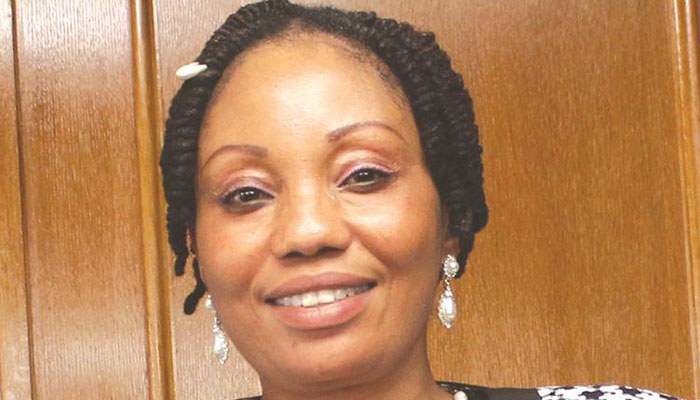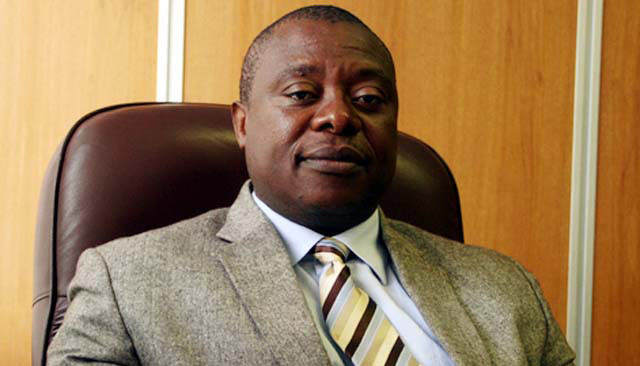
The Sunday Mail

Kuda Bwititi and Debra Matabvu
The Zimbabwe Electoral Commission could in the long-term introduce closed-circuit television cameras inside polling stations to help reduce post-election disputes.
Countries like Russia use that technology, and electronic ballot boxes that count votes on casting to engender greater transparency.
The cameras are mounted near polling booths and outside election centres.
Zec Chairperson Justice Priscilla Chigumba, who observed Russia’s national polls two weeks ago, said the Commission was exploring the possibility of introducing CCTV after this year’s harmonised elections.
She told The Sunday Mail, “I learnt of new technologies which we can possibly adopt here. I looked at the technology and asked myself, ‘How can we make our elections have less challenges of disputes?’
“Russians have cameras in all their polling stations. In terms of technology, that is very good. The cameras were not directly above the polling booth, but would capture images of everyone going in and out.
“I was also acquainted with the electronic ballot box which automatically switches on when polling begins. It has an electronic counter that counts the number of ballot papers as people vote, and you will be able to know the number of people who would have voted at any given point.
“… We got to one polling station at 10:30 am, and they had registered exactly 1 170 voters in just a couple of hours. The ballot box is tamper-proof. It cannot be opened and switches off automatically when polling stops. It transmits information electronically to the election information centre.”
She laughed off allegations peddled in opposition circles that she was in Russia “to learn election-rigging”.
“The President of Zimbabwe accepted an invitation by his Russian counterpart for Zimbabwe to observe Russia’s elections. We went to Russia as a seven-member delegation comprising Zec’s legal director, staffers from Parliament and the Foreign Affairs Ministry, Ambassador Christopher Mutsvangwa and I.
“The reason for that visit was that since I came into office, I had never observed elections. So, this was my first time to do so.” Justice Chigumba said Zec was cross-checking polling station entries and possible double registrants in the voters’ roll, with public inspection of the register slated for May 2018.
She said interim committees comprising political parties, police and Zimbabwe Human Rights Commission officials will be assembled to help maintain peace during primary elections.
Tender processes for the supply of ballot papers have opened.
“What we are basically saying is that it is everyone’s obligation to audit the voters’ roll, checking whether one’s name was spelt correctly and whether they were allocated the correct polling station. It is a transparent process open to all.
“This will be an opportunity to change polling stations if voters feel the need to do so. This is the time to change your mind; when the voters’ roll is laid open for inspection. It will also be time to remove from the roll names of those who may have died.
“The legal position behind inspection of the voters’ roll is that it is provisional and subject to correction. After corrections, we’ll come up with a clean roll that will be gazetted after which the President can proclaim election dates.”
Justice Chigumba said Treasury had allocated US$98 million towards the polls from a budget of US$140 million that Zec submitted after its BVR blitz.
International partners, she said, would likely meet the deficit.
On anti-violence committees, she explained: “Political parties have a code of conduct which prevents them from electoral violence. What we need to do is disseminate information or get people to report because nothing can be done if a report is not made.
“The Zimbabwe Human Rights Commission is involved and makes recommendations. So, we agreed to set up interim committees within 10 days of (last Wednesday’s) meeting. We deal with these issues, especially now going into primary elections.”
The elections chief also said, “The ballot paper is printed here by Fidelity Printers, but we procure it from whichever company will have won the tender, and Zec is in the process of identifying that company.
“The tender is conducted in consultation with the Procurement Regulatory Authority of Zimbabwe. We will disclose how many (papers) were used and the surplus, and that is a matter of law. That report has to be made public.”
Zimbabwe will hold Presidential, parliamentary and local government elections between July 21 and August 21, 2018.
President Emmerson Mnangagwa has committed to free, fair and credible polls, and has opened observation to various foreign bodies on the strength of that pledge.
Over 5,3 million people have registered biometrically since last September.
Around 100 political parties are lining up to contest, though a good number could fall away come Nomination Court sitting which requires parties to pay fees and submit their supporters’ signatures.



